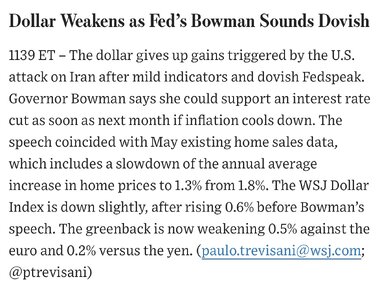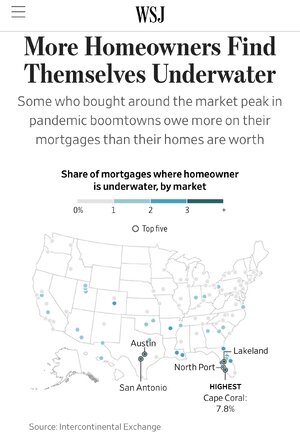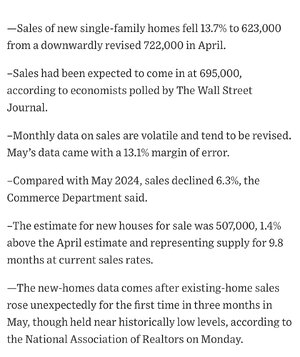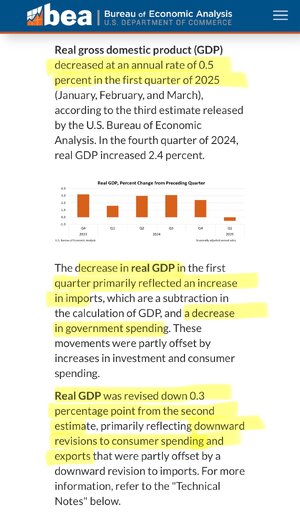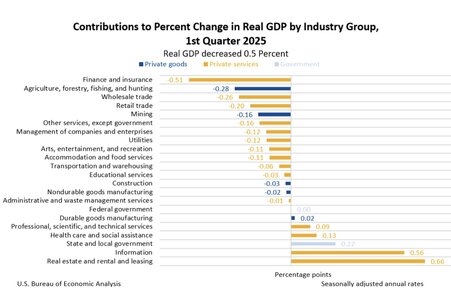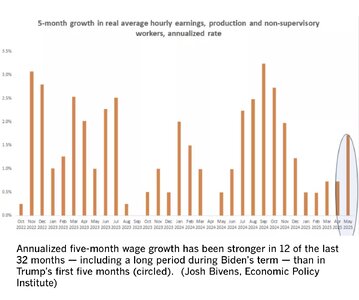The lack of regulatory concern about reputational risk has given fintechs a leg up on traditional banks and has made it hard for some industries (crypto, gun dealers, payday lenders, marijuana growers, gambling establishments, racist organizations, etc.) to obtain customary banking services, but my view is that the reputational risk component could be modified instead of eliminated as a key to the survival of a bank or other financial institution.
I suspect the biggest impact will be for the benefit of crypto companies in the immediate term as I think banks are not otherwise eager to platform some of the other socially questionable organizations they avoid under the reputational risk regulation. This change could also complicate efforts to of banks that want to terminate a customer that creates reputational risk by association for the bank (which I am sure is part of the intent from the “debanking” conspiracists who complain that law-abiding members of right wing militias and other right wing or libertarian groups can’t get or keep banking services because of the tyranny of reputational risk concerns).
Big Banks, Worried About Being Trump’s Next Target, Race to Appease Republicans
Texas and Oklahoma have banned some banks from state contracts, saying they discriminate against the gun and fossil-fuel industries

—>
https://www.wsj.com/finance/banking...a?st=5mscMx&reflink=desktopwebshare_permalink
“…
Banks are also worried about a bigger threat: that President
Trump could turn the power of the federal government against banks, as he has with universities and big law firms.
The Trump administration is considering an executive order on “debanking,” according to people familiar with the matter.
Leaders in a growing number of conservative states have accused banks of
boycotting industries for political reasons, rather than based on traditional factors such as the ability to repay debts. States including Texas and Oklahoma have blacklisted some banks from state contracts as a result. Banks say they weigh risks when deciding who to do business with and limit ties with companies for financial, legal and reputational reasons.
… Earlier this month, Citigroup met with Texas Gov. Greg Abbott to discuss the bank’s decision
to end its policy of not doing business with companies that sell firearms to people under the age of 21, a person familiar with the matter said.
… Citigroup and JPMorgan updated their policies this year to clarify that they don’t discriminate on political grounds, which the banks said were already part of their existing practices. They were also among the big banks that recently left the Net-Zero Banking Alliance, an industry climate group targeted by Texas’ attorney general.
…
Goldman Sachs GS 0.95%increase; green up pointing triangle,
Morgan StanleyMS 0.97%increase; green up pointing triangle, JPMorgan and Wells Fargo have removed some limitations on working with the coal sector or have been discussing whether to do so, according to people familiar with the matter. Bank of America dropped its ban on coal companies in late 2023.
A spokeswoman for JPMorgan said, “We believe understanding policymakers’ perspectives while sharing our own makes us a better bank.” Bank of America said it serves clients in the oil-and-gas industry, as well as those working in clean and renewable energy.…”
